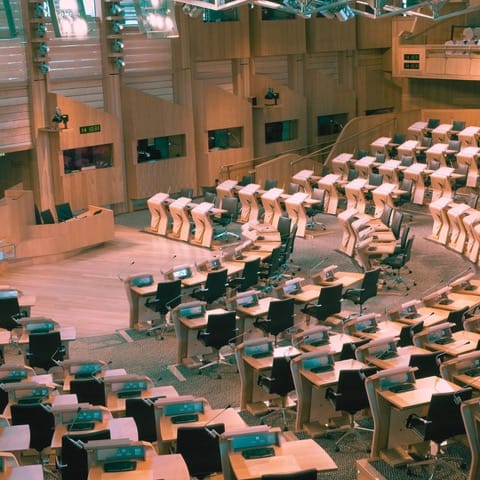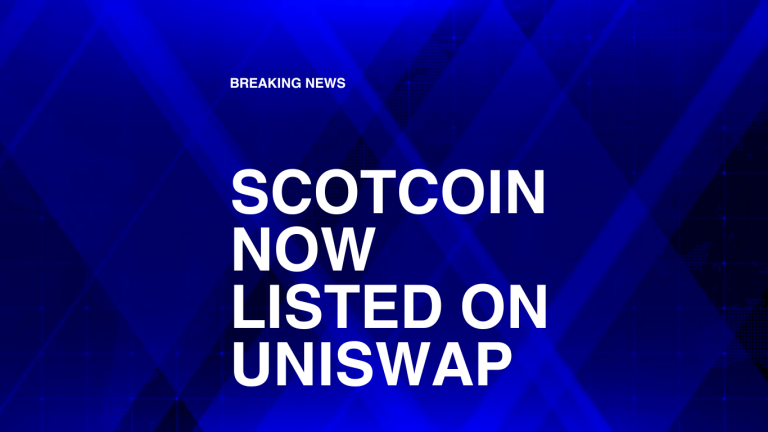There is no doubt the Coronavirus is having a severe effect both on world trade but also in travel patterns across the globe.
It is clear that China is actually suffering a severe drop in output (check the electricity figures if you don’t believe me) and it may well be that this drop will translate into drops in manufacturing in the rest of the world. JLR is very nearly out of parts. The Baltic Dry Index (remember – 90% of world trade travels by ship) has fallen over 80% since September 2019, which means that the re-supply cannot just be switched back on. It will take time to build up again.
If you remember 2008 and its aftermath (and who doesn’t) you will know that Central Banks and Governments essentially increased massively the world’s money supply. That prevented a severe recession (with all that would have implied for social cohesion) but it is also part of why assets have increased so much in value in the last 10 years or so. Arguably, that is not a good thing.
I cannot see that the authorities response, financially, is going to be any different this time round. The drops that have been experienced mirror quite closely what happened in 2008.
In short, the real economic danger of Coronavirus is not temporary supply chain disruption, which in itself is likely to substantially slow global economic growth in the first half of 2020. The concern should be that this crisis triggers a panic in consumer and business confidence and in doing so sets off a wider reassessment of asset valuations. The thought of people’s house valuations plunging as they did in 2008 because the earnings of their occupiers have been decimated by layoffs doesn’t even bear thinking about – nor do the potential food riots. You can forget governing by consensus – it would be governing by machine gun. Already jittery investors are scarpering from the riskiest corners of debt markets amid worries the coronavirus could trigger an avalanche of downgrades and defaults.
And that’s why Crypto currencies are becoming more and more important, despite what the market prices are telling us. The inflation that should have been unleashed by the floods of money created 2008 onwards simply hasn’t happened because the classic demand push/pull of economics hasn’t been able to take hold. The credit that drained out of the system simply could not be replaced fast enough. If the governmental printing presses become red hot again, then inflation simply won’t be curtailed (And yes, I know that isn’t how money is created but it’s the usual image people relate to). But think on. Central Banks around the world are already dropping interest rates and increasing liquidity. Don’t think for one minute the Fed will stand aside just because it’s an election year, their traditional stance. There is already talk of WORLD economic activity dropping from 2.9% growth last year to a contraction of a similar amount in 2020. That would be disruptive in the extreme.
So think seriously about having some Crypto tucked away. For a start it won’t inflate away to nothing, so that pint of milk which was 50p and becomes £2.50 will still be 25 Scotcoin or .00006 Bitcoin.
BREAKING NEWS: The Fed just cut interest rates (You read it here first)




